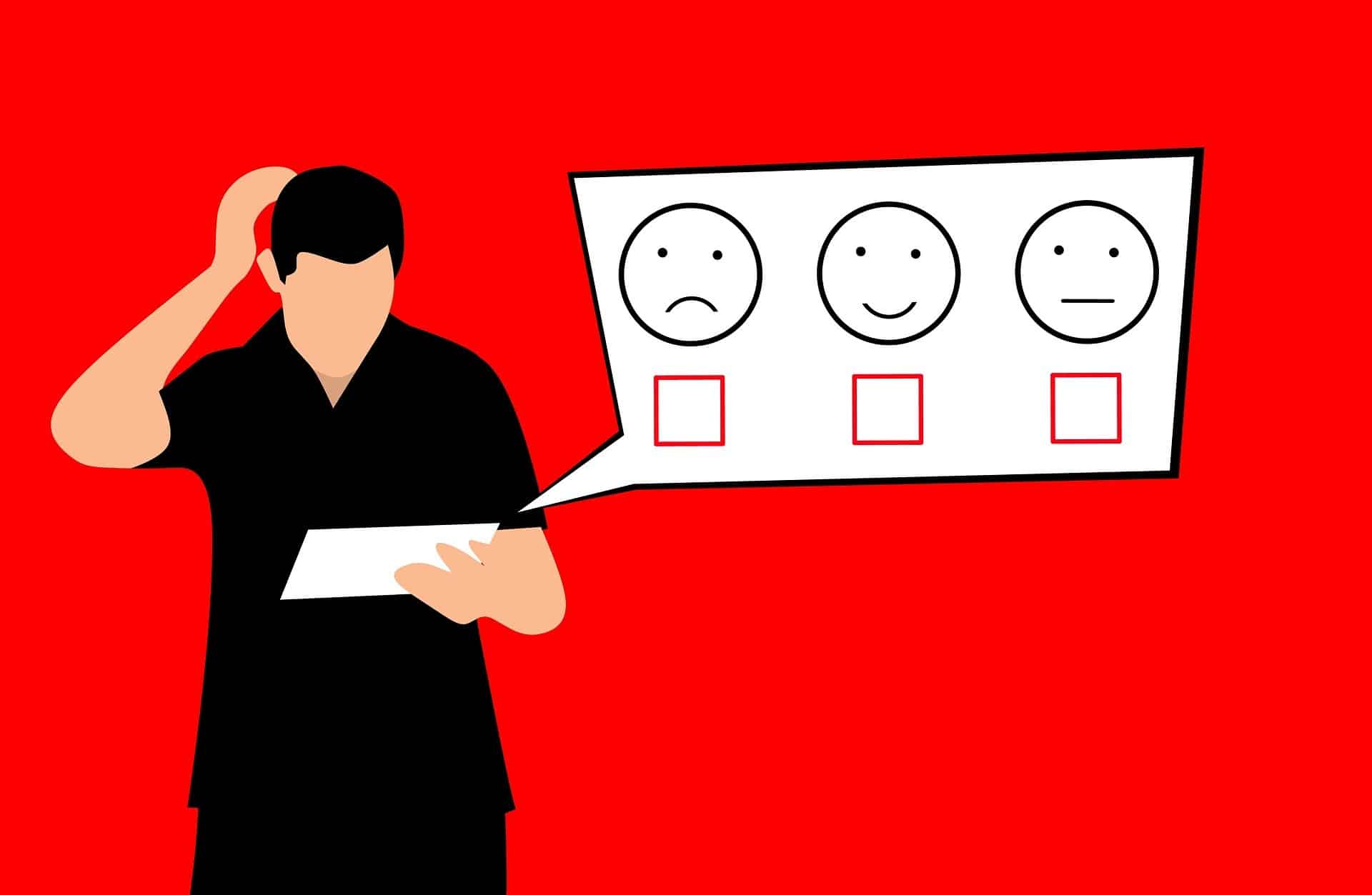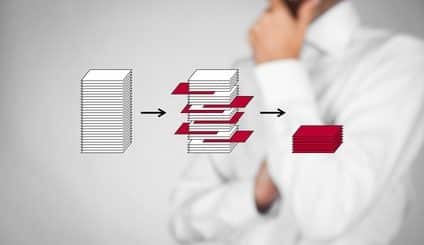How an MSP Keeps Clients Happy

When searching for the best MSP (managed service provider) that offers the most effective technical support, an expectation of a high level of technical expertise is a given. However, for long term client retention, there are some basic things a successful MSP will have incorporated into their overall strategy that distinguishes them from the pack.
As it turns out, time-tested factors such as clear and effective communication, along with providing key support which enables MSP clients to become more productive and efficient, i.e., the classics, are the key ingredients to a long and happy relationship between a business and their MSP.
Begin with a Strong SLA
A clearly written SLA (service level agreement) is the first leg of clear communication between the two interested parties. An effective SLA provides a clear map of the type of services expected (e.g., technical support, disaster recovery), along with a timeline of when a solution can be expected. Depending on the level of service, this includes everything from turn around time for a simple technical inquiry, to when a company can expect to be online again after an unexpected event such as a natural disaster.
Maintaining Clear Communication
A successful continuation of a long-term business relationship includes clear communication, both written and verbal. As part of their onboarding strategy, a good MSP will completely catalog a new client’s infrastructure in preparation for the working relationship and maintain the documentation throughout.
An effective MSP will ensure that their client’s employees are continually updated with the basics, such as who to call (or email), when to expect a callback, and how to call (i.e. contact information), when an employee needs help. When a client reaches out, the person on the other end is already prepared with all the documentation detailing the customer’s infrastructure, thus allowing the technical support person to provide a solution to the client as quickly as possible.
Automation = Increased Efficiency
A successful MSP uses automation tools such as a CRM (customer relationship management) system, along with business and incident management systems in order to provide the best service to their clients.
Automation allows MSPs to provide more timely and accurate solutions to their clients. In turn, reliable technical support allows businesses to focus on what they do best, which is running their business and providing outstanding service to their own customers.








Recent Comments